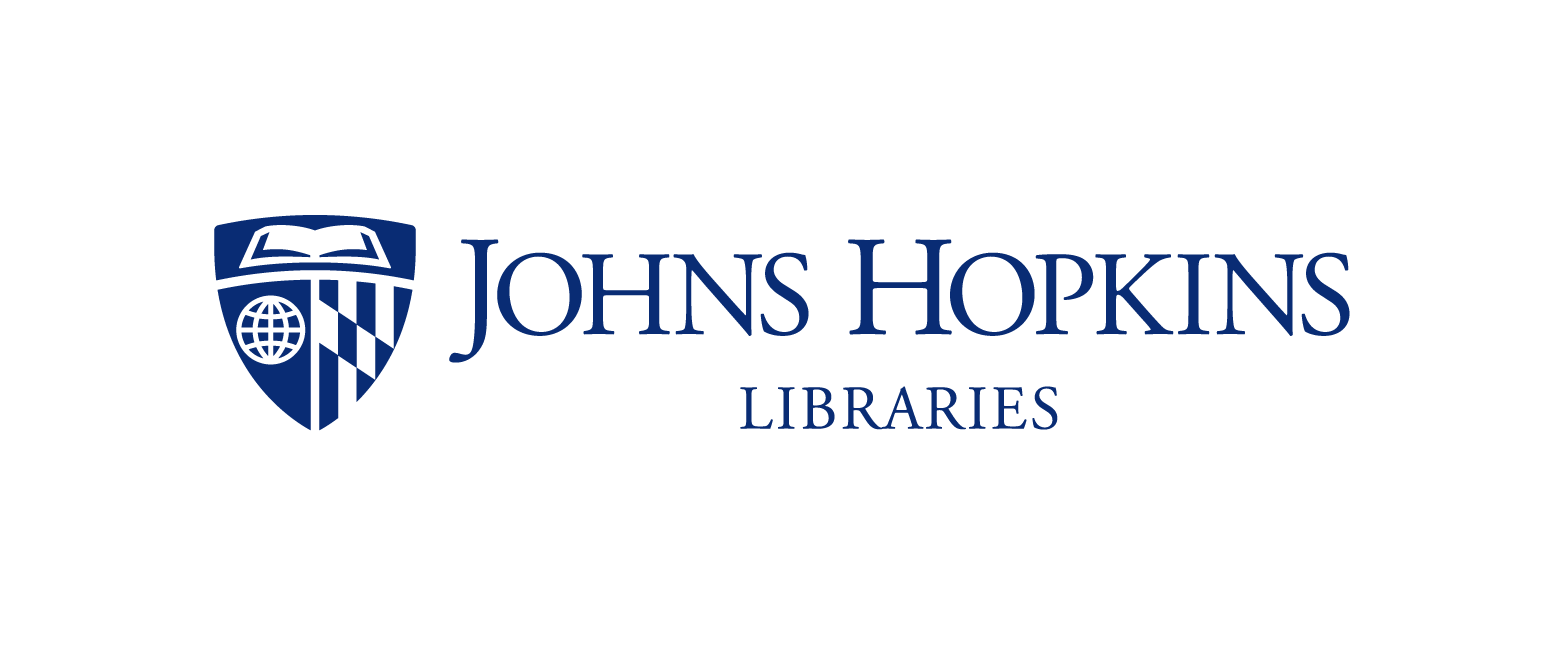Hugo Weisgall music manuscripts
Scope and Contents
The Hugo Weisgall manuscript scores contain materials chiefly from 1934 to 1941, when Weisgall was studying at the Peabody Conservatory and the Johns Hopkins University. Included are sketches, holograph scores, and annotated printed scores to Four Songs (Op. 1) and "Fugue and Romance" from the ballet One Thing Is Certain (Op. 2, No. 1). Several pages are inscribed to John C. French of the Johns Hopkins University. Also included are a press release by the Jewish Agency for Palestine and a 1935 article by Weisgall in the Jewish Music Journal.
Dates
- Creation: 1934 - 1950
Creator
- Weisgall, Hugo (Person)
Conditions Governing Access
The collection is open for use at the Arthur Friedheim Library Archives of the Peabody Institute. Contact peabodyarchives@lists.jhu.edu for more information.
Conditions Governing Use
Single copies may be made for research purposes. Researchers are responsible for determining any copyright questions. It is not necessary to seek our permission as the owner of the physical work to publish or otherwise use public domain materials that we have made available for use, unless Johns Hopkins University holds the copyright. All requests for permission to publish or perform materials in this collection must be submitted in writing to the archivist of the Arthur Friedheim Library.
Biographical / Historical
Hugo Weisgall was born in Moravia in 1912 and immigrated to the United States as a child. Growing up in Baltimore, his first musical influence was his father, Adolph J. Weisgal (1885-1981), a cantor for the Chizuk Amuno Congregation in that city. After Hugo Weisgall became an American citizen in 1926, his formal musical education began at the Peabody Conservatory of Music (1927-1932). From 1932 to 1941 he worked periodically with Roger Sessions, studying composition. During this time, Weisgall also attended the Curtis Institute, where his major instructors were Fritz Reiner and Rosario Scalero, acquiring diplomas in conducting (1938) and composition (1939). Concurrent with laying the foundations for his later musical pursuits, Weisgall also earned a Ph.D. from Johns Hopkins University in 1940, with a dissertation on primitivism in 17th century German poetry.
Weisgall's military service in the diplomatic sector during World War II drew on his central European background in addition to his non-musical academic studies and led to his post-war service as an attaché, first in London and then in Prague. It was during this period, prior to his return to the U.S. in 1947, that he began to attract international attention as a conductor and composer. Upon returning to the Baltimore area, Weisgall soon became associated with several organizations. He was music director at his father's synagogue, founded the Chamber Music Society of Baltimore in 1948 and the Hilltop Opera in 1952 and directed the Baltimore Institute of Musical Arts, a pioneering conservatory for African Americans. Though he remained associated with the Chamber Music Society well into the 1960s and served on faculty at Johns Hopkins University (1951-1957), his institutional affiliations became increasingly centered in New York. By the end of 1960 he had relocated to Great Neck, Long Island, where he was to live the rest of his life, aside from summers in Lincolnville, Maine and a number of teaching or composing residencies, including Penn State University (1959-1960) the American Academy in Rome (1966).
During the four and a half decades that Weisgall was faculty chair of the Jewish Theological Seminary, New York (1952-1996), he also taught at the Juilliard School (1957-1970) and Queens College of the City University of N.Y. (1961-1983) and was involved with instructional outreach programs at Lincoln Center in a number of capacities, being formally named Associate for Education in 1965. Aside from teaching, conducting and composing, he was president of the American Music Center (1963-1973), directed Lyric Opera of Chicago’s composer-in-residence program (1988-1997) and served as an evaluator for the National Endowment for the Arts in the 1980s and was elected president of the American Academy and Institute of Arts and Letters in 1990.
Weisgall died in Great Neck on March 11, 1997.
Weisgall's reputation is largely built on his operatic output. Roughly half of his dozen works in the genre have found a place in the repertoire and commercial recordings of The stronger, Six Characters in Search of an Author, and The Tenor have been issued. His most frequently performed works are probably his choral compositions and arrangements meant for incorporation into liturgical services, though they are relatively rarely encountered in the concert hall. A number of his solo songs have been recorded and appear on occasionally on recitals.
(Note adapted from the Guide to the Hugo Weisgall Papers, JPB 00-43, Music Division, The New York Public Library for the Performing Arts. http://archives.nypl.org/mus/20266. Accessed 2018 March 23.)
Extent
0.29 Cubic Feet (1 medium flat box)
Language of Materials
English
Abstract
Hugo Weisgall (1912-1997) was an American composer of Czech birth who attended the Peabody Conservatory and the Johns Hopkins University in the 1930s and 1940s. The collection contains manuscript and printed scores of Weisgall's music composed from approximately 1934 to 1941, including Four Songs (Op. 1), "Fugue and Romance" from the ballet One Thing Is Certain (Op. 2, No. 1), and the ballet Quest. Several pages are inscribed to John C. French of the Johns Hopkins University.
Immediate Source of Acquisition
There is no known acquisition information for this collection.
Processing Information
Minimally processed by Matt Testa in 2018. Processed by Tim Witbeck in 2018.
- Title
- Guide to the Hugo Weisgall manuscript scores
- Author
- Matt Testa
- Date
- 2018
- Description rules
- Describing Archives: A Content Standard
- Language of description
- English
- Script of description
- Latin
- Language of description note
- English
Repository Details
Part of the Peabody Archives Repository
Peabody Institute
1 E. Mount Vernon Place
Baltimore MD 21202 USA
peabodyarchives@lists.jhu.edu
